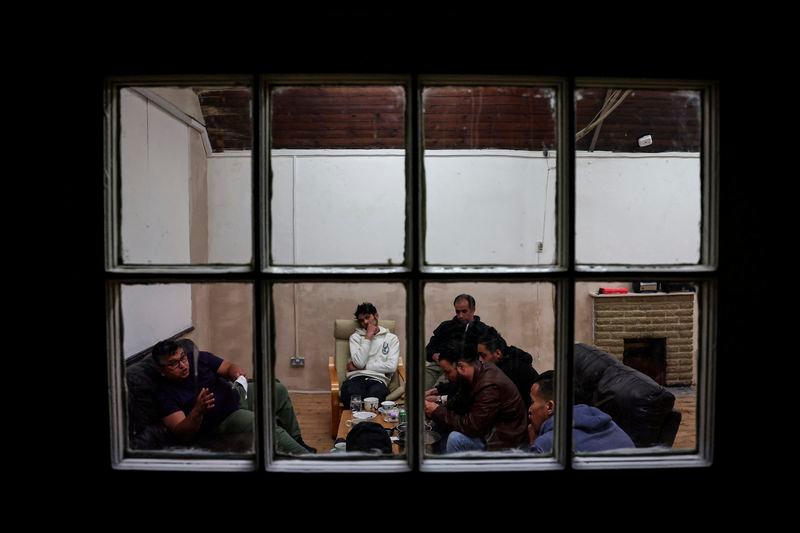MORE and more people are sleeping rough in Britain, the world’s sixth-biggest economy. The number of people sleeping on the streets of London has hit a record high of 12,000, media reported last week.
The data was a result of the impact of the cost-of-living crisis. Britain saw decades-high inflation in 2023, and a shortage of affordable rental properties over recent years.
Some 11,993 people were seen rough-sleeping in the capital in the year to March, up 58% in a decade and the highest number recorded in a single year, according to Homeless Link, the body for groups dealing with homelessness in England.
In 2013 to 2014, the number of people sleeping on the streets stood at 7,581.
Britain’s biggest political parties did not make people available to discuss the housing crisis.
However, both Prime Minister Rishi Sunak’s Conservatives and the main opposition Labour Party have pledged to tackle the issue by building more homes.
ALSO READ: Homelessness soars in rural England as living costs hit poor
Labour, which is widely expected to win the election by a landslide, has said it would overhaul the country’s planning system - often cited as overly complex and tilted against developers - and build 1.5 million homes over the next five years.
The Conservatives struggled to reform the planning system in the face of opposition from rural lawmakers and residents seeking to preserve green spaces and the original character of their neighbourhoods.
Housing campaigners have long argued that local councils should also use some of the roughly 700,000 vacant homes in England as a cheaper and faster solution.
Homeless Link chief executive Rick Henderson called the figures “appalling” and said the government that comes out of a July 4 general election should form a cross-party plan to tackle the problem.
He said “genuinely affordable and secure homes” need to be delivered quickly with properly-funded services to “help people address the root causes of their destitution and move on from rough sleeping for good”.
ALSO READ: UK jobs market weakens again after surprise rise in unemployment rate
At a medical centre for the homeless in east London, the demand for services had “definitely ... increased in the past couple of months”, said Mimi Hassan, an administrator at Health E1.
However, Hassan said she had not seen the issue raised enough by politicians during the election campaign. “We are helping as much as we can”, Hassan told AFP. “But how much can we do?”
UK nationals made up 45% of those sleeping rough, according to Homeless Link figures. Of the rest, nearly a third came from countries in Africa, Asia, the Americas and Australasia, while about a quarter were from Europe.
Homelessness charity Crisis said the overall figures were “deeply shameful and highlight the desperate need for the next government to get a grip on this crisis”.
Charities and campaigners have long called for a government commitment to build 90,000 social rent homes a year.
ALSO READ: One million children in most extreme poverty in UK
A law passed in 2017 requires local councils to house all of the homeless regardless of their priority status.
The United Nations defines access to housing as a human right and considers homelessness to be a human rights violation.
It has called on governments to do more to combat the problem.









